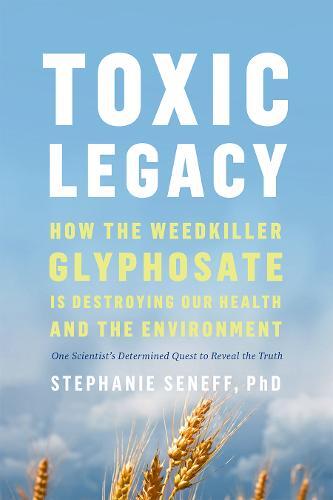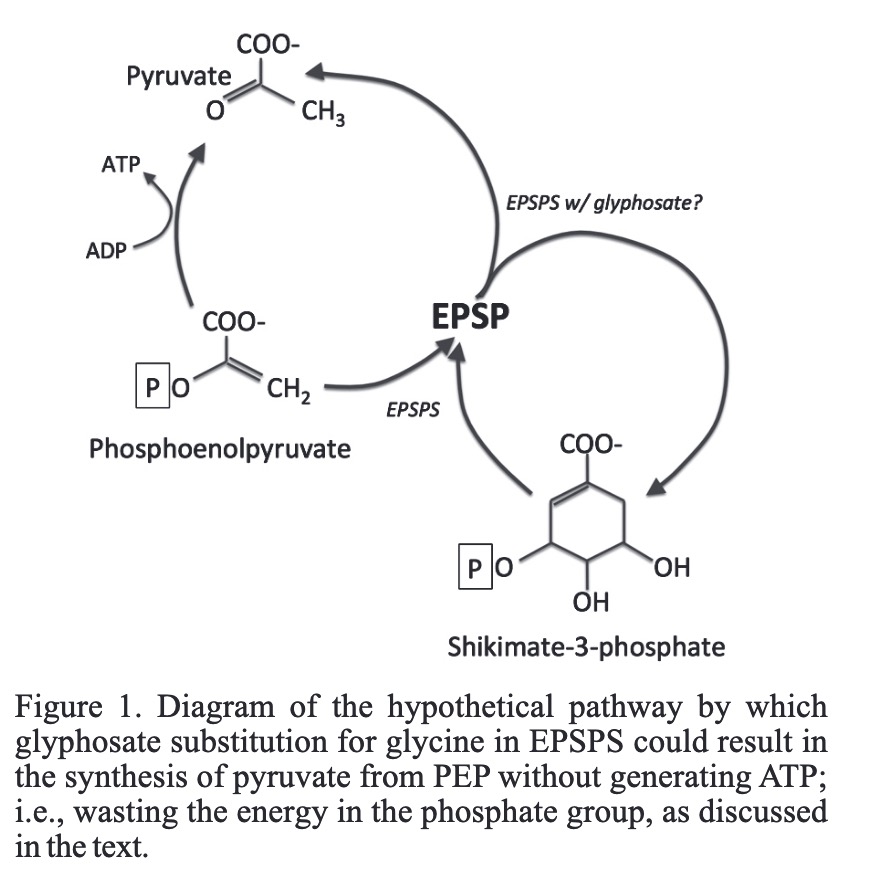There is a delightful interview with Stephanie Seneff, which you should watch just to see someone demonstrate the shear joy of science.
https://youtu.be/C71Wu6YDadc 1 hour
Her website is here https://stephanieseneff.net/
She wrote this book "Toxic Legacy How the Weedkiller Glyphosate Is Destroying Our Health and the Environment"
TLDR: the long term effects of glyphosate are not great, and poorly characterized, the science we currently have widely published has lots of industrial bias (paid for, short studies, etc). Glyphosate is found on MOST PBFs in our food chain (and by extension ASFs!)
Dr (Phd) Seneff said she only eats fully organic food without pesticides


